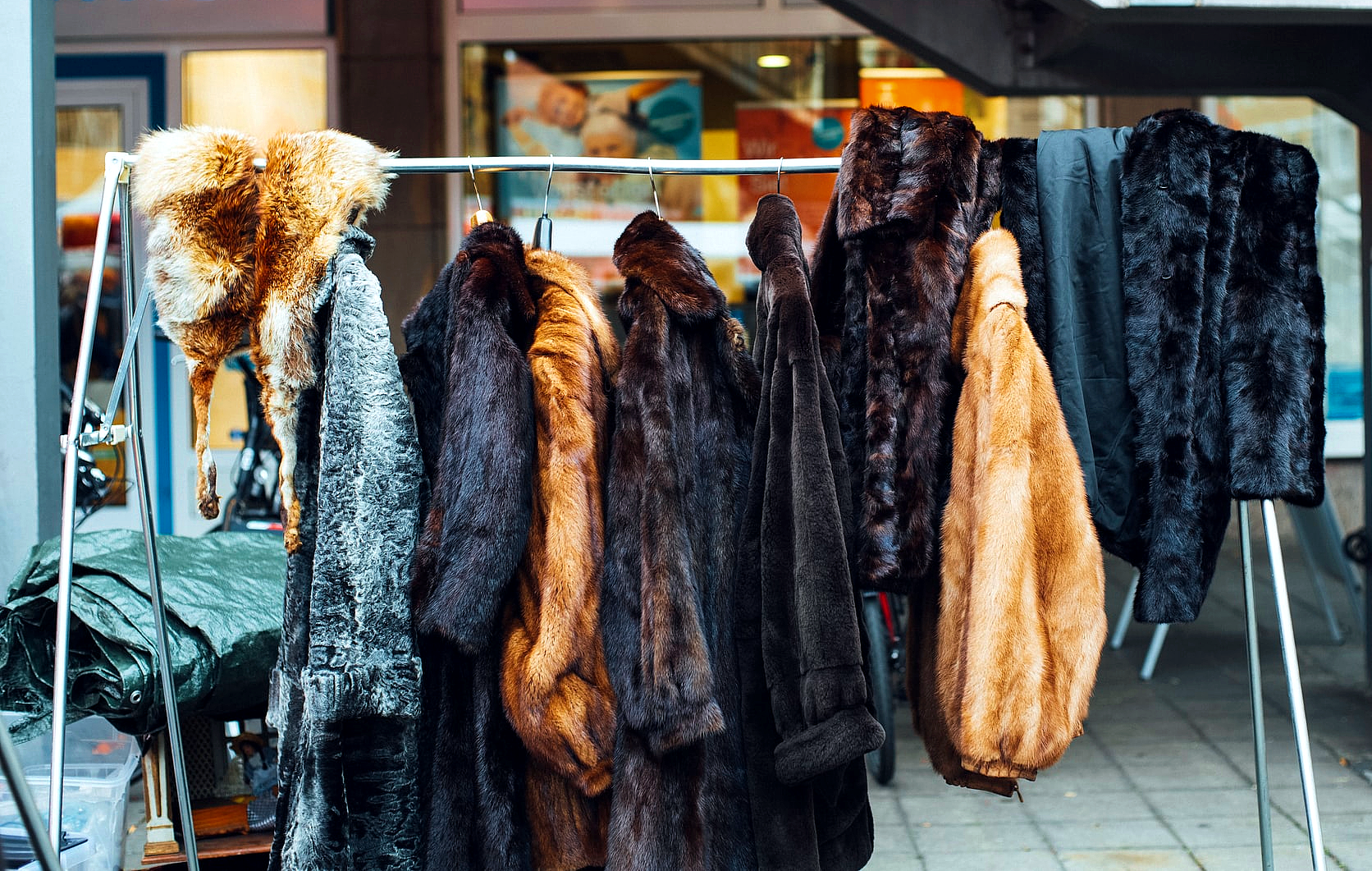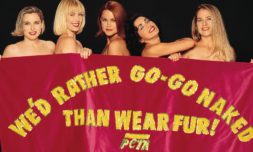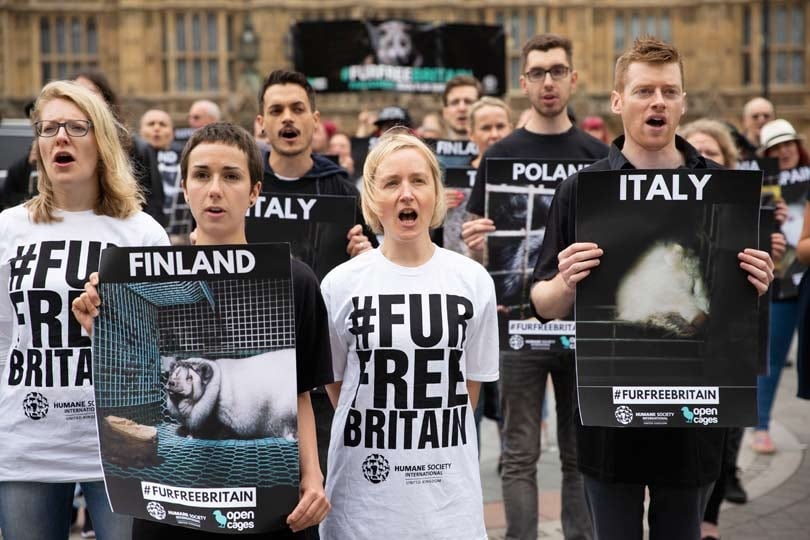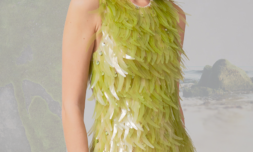The move to completely ban the controversial material comes 20 years after the UK became the first country in the EU to prohibit fur farming.
The time has finally come. Over the past few years, almost every top designer from Chanel to Prada has shed animal fur from their collections. Sugaring the pill, the state of California has outright banned it, Queen Elizabeth II has renounced it, and in February, PETA retired its decades-long campaign against the use of fur in fashion, focusing its activism elsewhere.
Now, in a move that’s sure to contribute to the material’s eagerly anticipated demise, former CEO of the British Fur Trade Association Mike Moser has declared the industry ‘anachronistic, barbaric, and unnecessary.’
Upon realising he was defending the indefensible, Moser came to understand that fur simply cannot be produced humanely – not to mention its hefty environmental price tag which, when compared to other textiles, takes a significant toll in terms of CO2 emissions – and resigned from his position to instead use his knowledge and experience to publicly support the #FurFreeBritain campaign for a UK-wide fur sales ban.
‘The Zeitgeist today is that caging and killing animals for an unnecessary fashion product, that has only vanity value, is unacceptable,’ he told Humane Society International (HSI) in an interview last month. ‘The UK banned fur farming two decades ago but for as long as we import and sell the fur from overseas, we’re still supporting fur farming and trapping by proxy which is both morally and politically ambiguous.’
What Moser refers to, is the country’s decision to ban fur farming in 2000, a positive change of course, but one that didn’t prevent the import and sale of fur from animals farmed overseas. Unfortunately, since the law came into effect all those years ago, a whopping £800m of fur has still been imported into the UK and in 2018 alone, a quantity equivalent to some 2-3 million animals (as estimated by HSI) passed easily through the border.
It’s not all bad news, however, with 93% of the British population claiming to have never worn fur, or that they no longer wear it, and the majority (72%) are in favour of an official sales ban as revealed by a YouGov opinion poll in March.




















